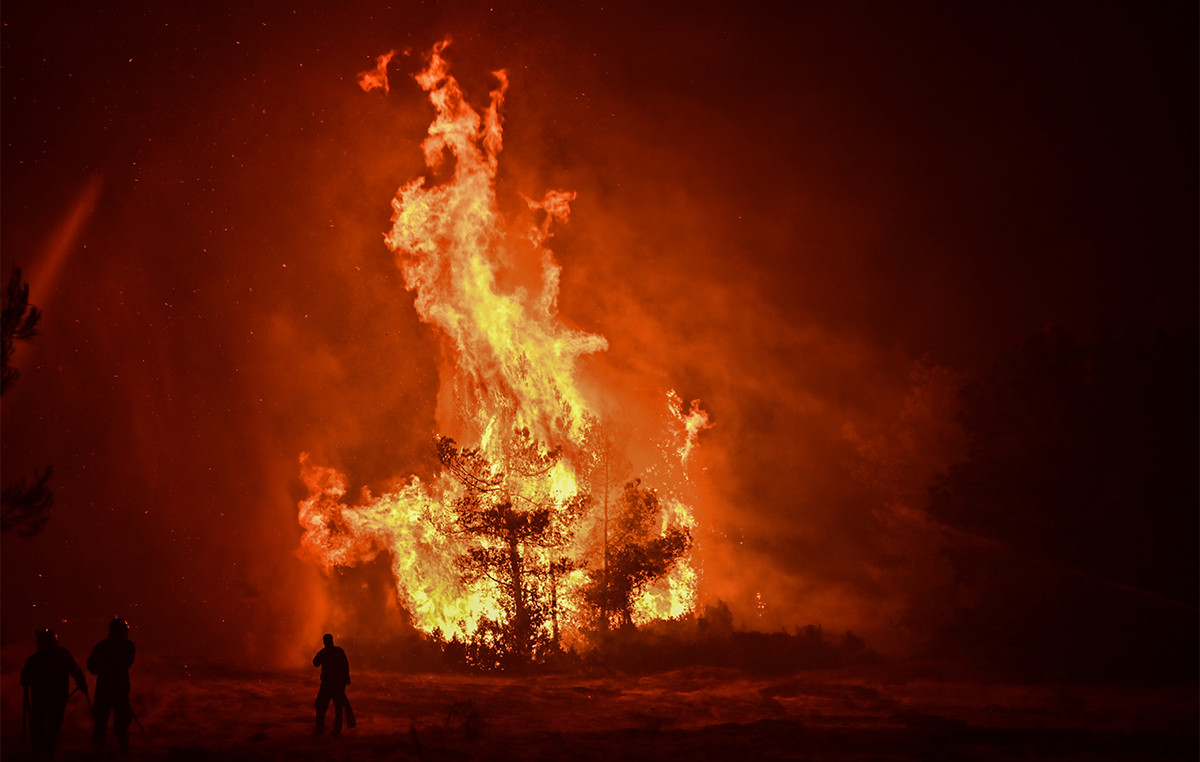Outbreaks of endemic diseases such as monkeypox and Lassa fever are becoming more persistent and frequent. The alert was made by the director of emergencies of the World Health Organization (WHO), Mike Ryan, this Wednesday (1st).
As climate change contributes to rapid changes in weather conditions such as drought, animals and humans are changing their behavior, including foraging habits. As a result, “ecological fragility” diseases that normally circulate in animals are increasingly occurring in humans, he said.
“Unfortunately, this ability to amplify these diseases and move them into our communities is increasing – so both disease emergence and disease amplification factors have increased.”
For example, there is an upward trend in cases of Lassa fever, an acute viral disease transmitted by rodents endemic to Africa, he said. “So there’s definitely ecological pressure on the system,” he said.
The comment comes in the context of a rise in monkeypox cases outside Africa, where the virus is endemic.
Speaking to media, WHO Director-General Tedros Adhanom said the agency had received reports of more than 550 confirmed cases of the disease in 30 countries outside Africa since the first report in early May.
Source: CNN Brasil







